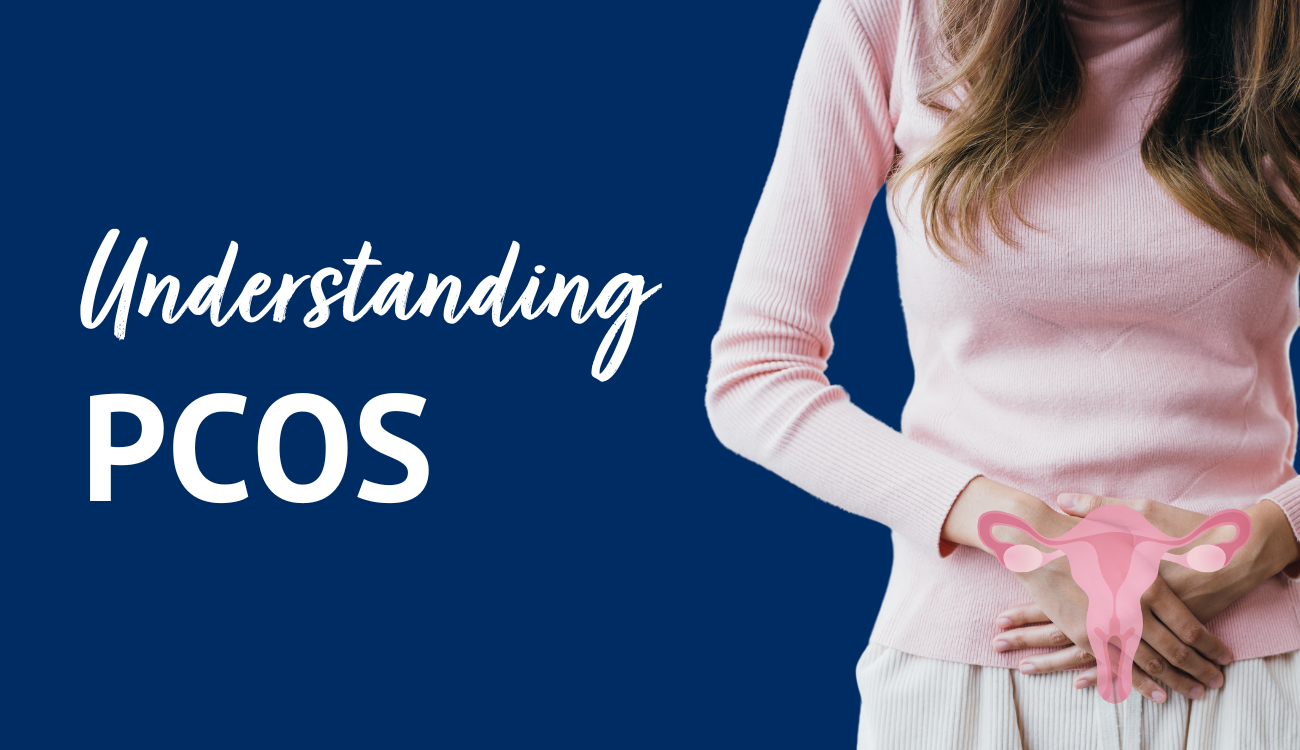Featuring Applecross fertility specialist, Dr Wei-Ying Chua
Polycystic Ovary Syndrome (PCOS), is a common hormonal condition, being the most prevalent endocrine disorder among Australian women. PCOS is marked by an imbalance in hormones, especially an excess of androgens, which can interfere with normal ovarian function. This disruption can lead to various symptoms and potential health challenges.
Although there is no definitive cure, understanding the condition and exploring available treatment options can empower people to manage their health more effectively. In this article, we delve into PCOS with insights from FSWA Applecross fertility specialist, Dr Wei-Ying Chua.
Recognising PCOS symptoms
The symptoms of PCOS can differ greatly among people, both in intensity and manifestation. Common signs include:
- Irregular or absent menstrual periods
- Excessive hair growth on the face or body
- Skin issues such as acne and oily skin
- Hair thinning or loss
- Noticeable weight gain or challenges in losing weight
- Reduced fertility
It is also linked to an increased risk of insulin resistance, diabetes, heart disease, sleep apnea, and mental health concerns like anxiety and depression.
Diagnosing PCOS
Diagnosing PCOS involves a detailed review of medical history, ultrasound examinations of the ovaries, and hormone level assessments. Typically, a diagnosis is made when a woman presents at least two of the following three criteria:
- Irregular menstrual cycles or absence of periods
- Elevated testosterone levels, which may cause hormonal acne, increased body or facial hair, and/or hair thinning on the scalp
- Polycystic ovaries detected via ultrasound
It’s crucial to understand that not everyone will have ovarian cysts, despite what the condition’s name might suggest.
How PCOS Affects Fertility
One of the most significant concerns for individuals with Polycystic Ovary Syndrome (PCOS) is its impact on fertility. PCOS can be linked with difficulty conceiving due to the hormonal imbalances that disrupt the normal ovulation process. These hormonal imbalances can cause irregular ovulation or even anovulation (the absence of ovulation). Individuals with the condition also often have elevated levels of androgens, which can disrupt the development and release of eggs during the menstrual cycle, making it more challenging to conceive.
Effective PCOS Treatment Options
While there isn’t a universal cure, there are various treatments that can help manage symptoms and lower long-term health risks. These options include:
- Lifestyle Modifications: Adopting a balanced diet and regular exercise can significantly improve symptoms and enhance overall health.
- Hormonal Contraceptives: These can help regulate menstrual cycles, lower androgen levels, and reduce acne.
- Metformin: Metformin can improve insulin sensitivity, which can support regular ovulation.
- Anti-Androgens: Anti-androgens can assist in managing excess hair growth and acne.
- Fertility Treatments: For those struggling to conceive, tailored fertility treatments can increase your chances of achieving pregnancy. This may include Intrauterine Insemination (IUI) or In Vitro Fertilisation (IVF).
Gaining a thorough understanding of PCOS is the first step towards managing this condition. By identifying symptoms, seeking professional support, and embracing a tailored treatment plan, individuals with the condition can lead healthy and fulfilling lives.
At Fertility Specialists of WA, we are dedicated to offering comprehensive care and support to individuals with PCOS. If you suspect you may have the condition or need guidance on managing your symptoms, please connect with our FSWA team for expert advice.
For more information and personalised assistance, contact FSWA at 1300 392 393 or email us at info@fertilitywa.com.au


